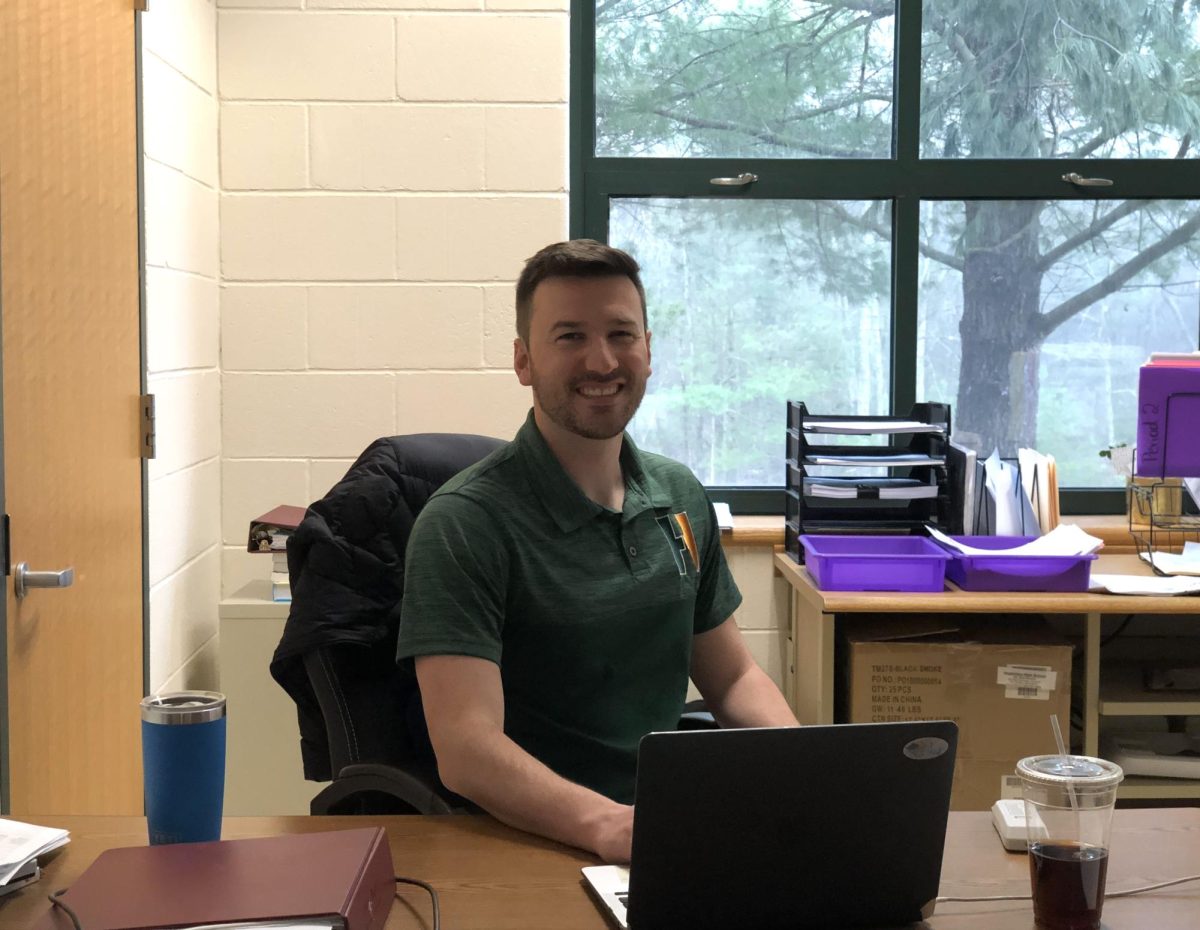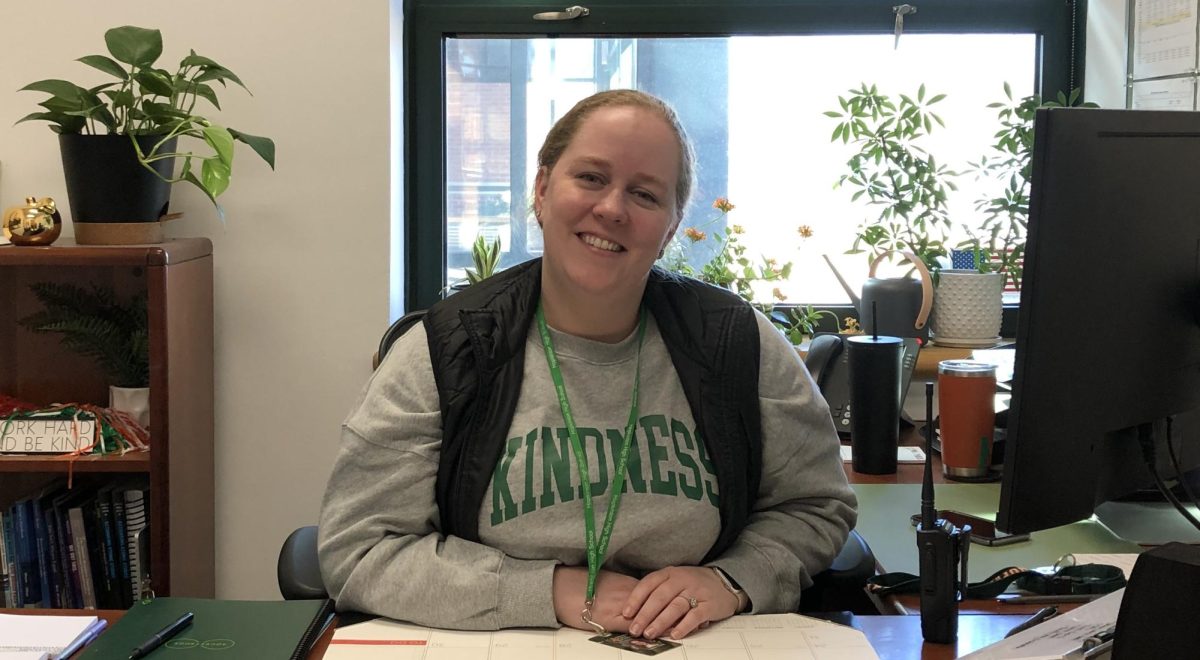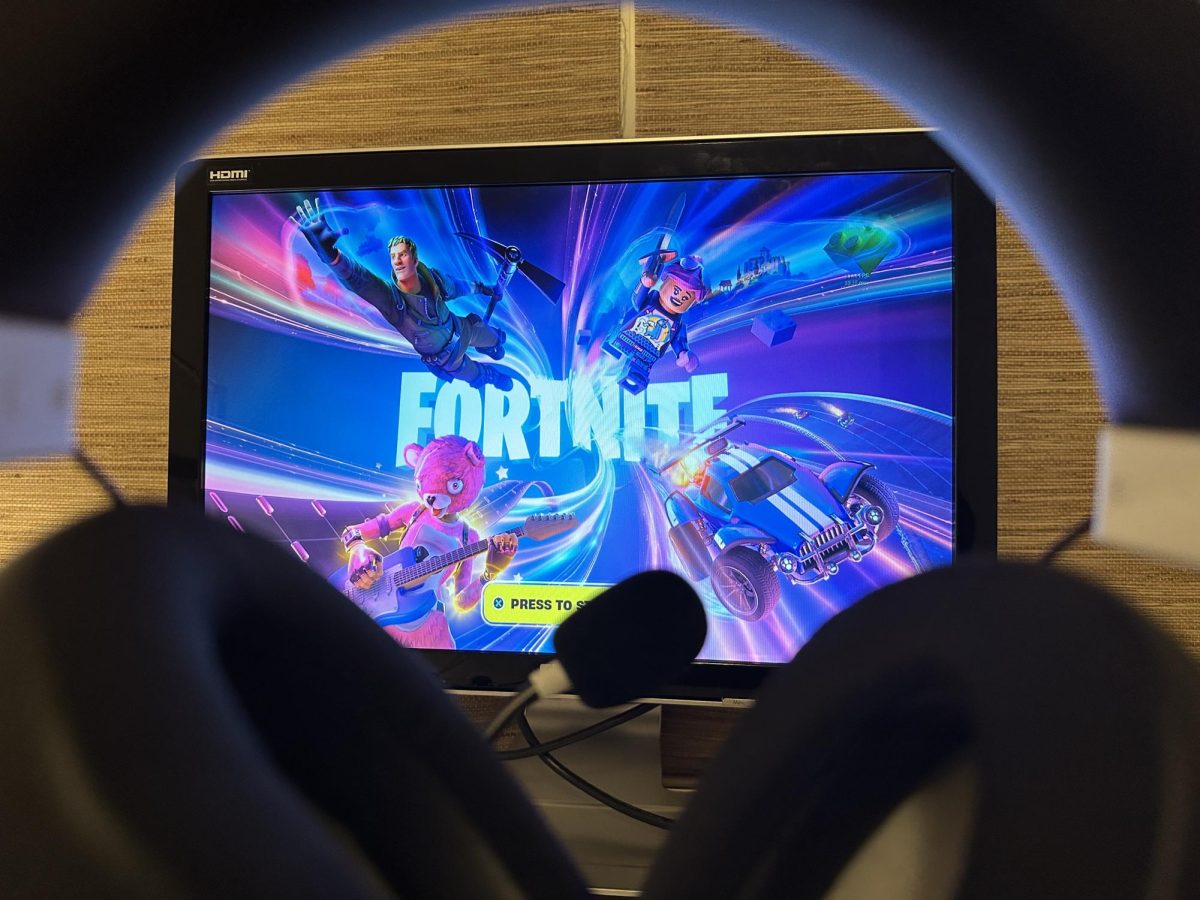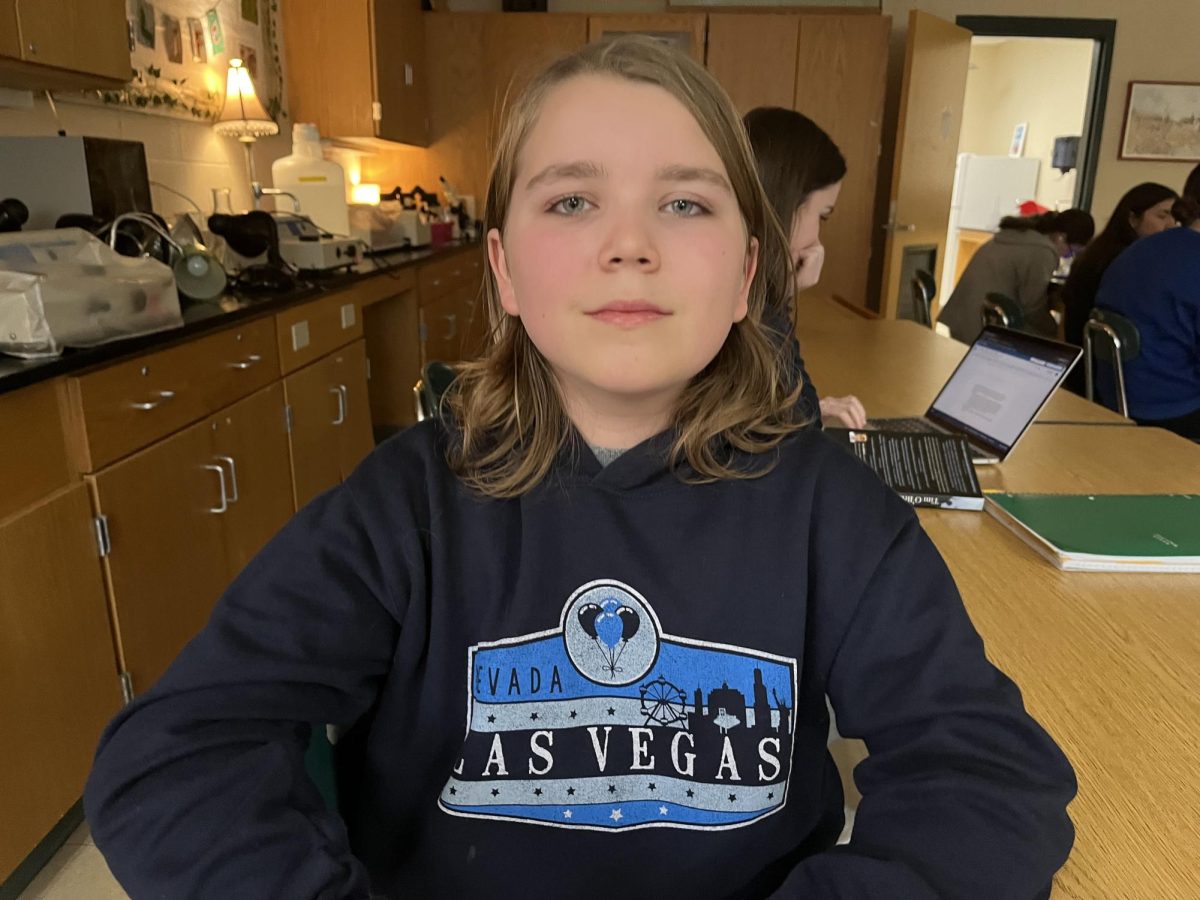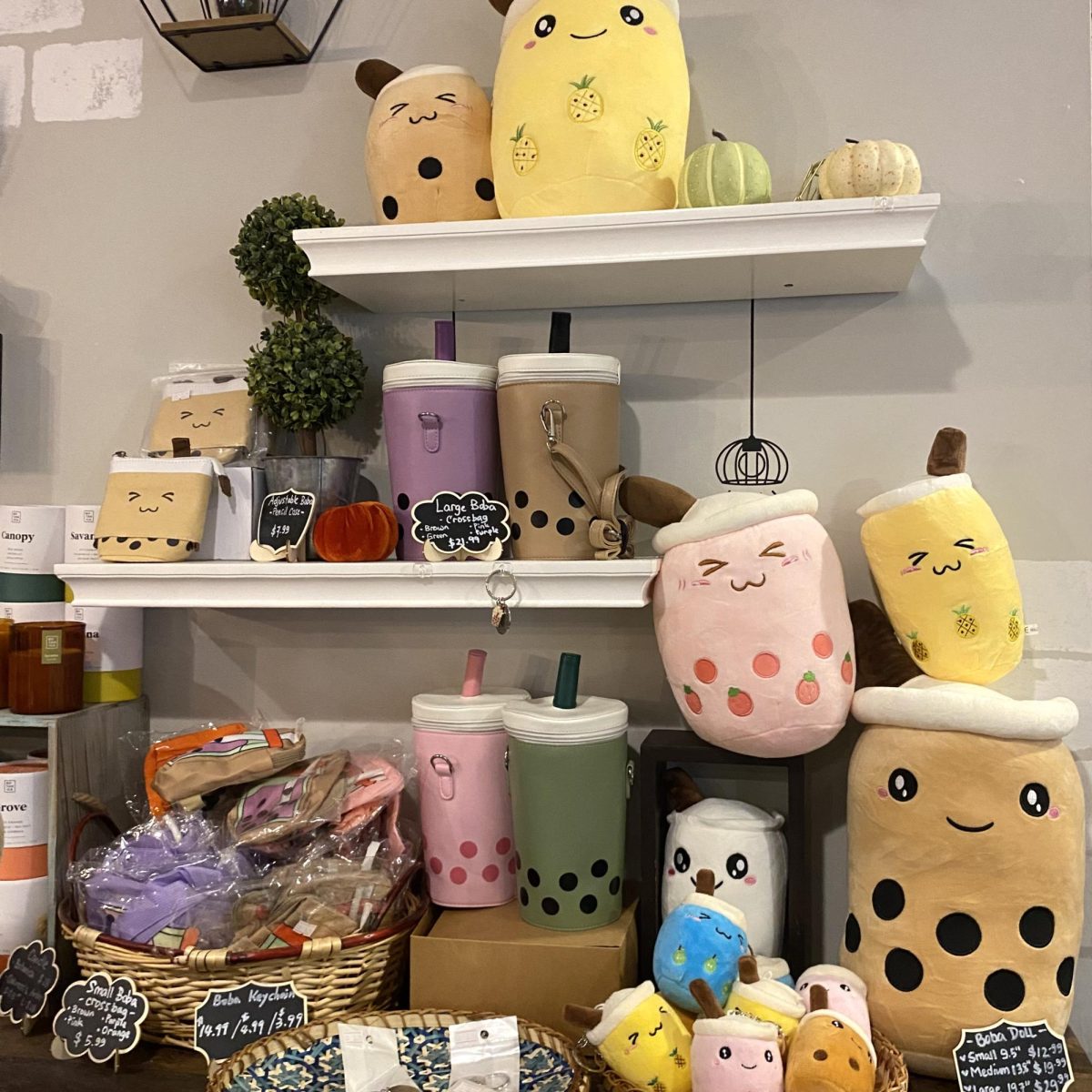By Katie Ryan
The world is forever changing, and with these changes comes new and better technology. The world has come to rely on the internet, which is replacing many paper documents, for many aspects of life such as online banking, e-learning, and even shopping. Computers and the internet have created a new lifestyle and are changing the way we learn about current events and daily news.
Similar to other students at Hopkinton High School, Senior Kenny Hayes says, “I use computers everyday. Reading news headings and getting information from websites like Yahoo and MSN is just easier than sitting down and reading an actual newspaper.â€
Companies that only produce print newspapers, such as those of Rupert Murdoch, are suffering due to increased internet usage. Founder, chairman, and managing director of the major media conglomerate News Corporation, Murdoch owns 175 newspapers worldwide and has been forced to expand to television and online to remain viable.
Businesses such as Larry Page’s, however, are thriving, making current news easy to find on the internet through a simple search. Page is a founder of Google, an online search engine that allows people to find the information they desire, including news and current events.
Junior Kelsey Krapf states, “Google is a great thing to have because it directs me to stories and current news that interest me, instead of having to skim and shift through an actual newspaper. The internet is more user friendly.â€
Despite the changing times, Murdoch and other owners of print newspapers seem determined to maintain traditional journalism and publishing methods rather than embrace the emerging belief that all information should be free. Owners of major newspaper companies argue that while print newspapers provide more lengthy editorial discussion of the various sides of an issue, online news often only includes the headlines or factual events.
Like many others, Murdoch has argued that this makes society less educated about controversial issues and more reliant on an often one-sided view presented by media giants. Furthermore, it brings up the question of what will happen if and when newspaper companies shut down and layoff their journalists.
Who will investigate, research, and write about events, all without getting paid? And will search engines such as Google have nothing credible to return in their search results?
Senior Sheena Dupuy comments, “It certainly will be interesting to see if printed newspapers are still around in a few years. It’s weird to think that newspapers could be foreign to our future generations. We will just have to wait and see.â€


